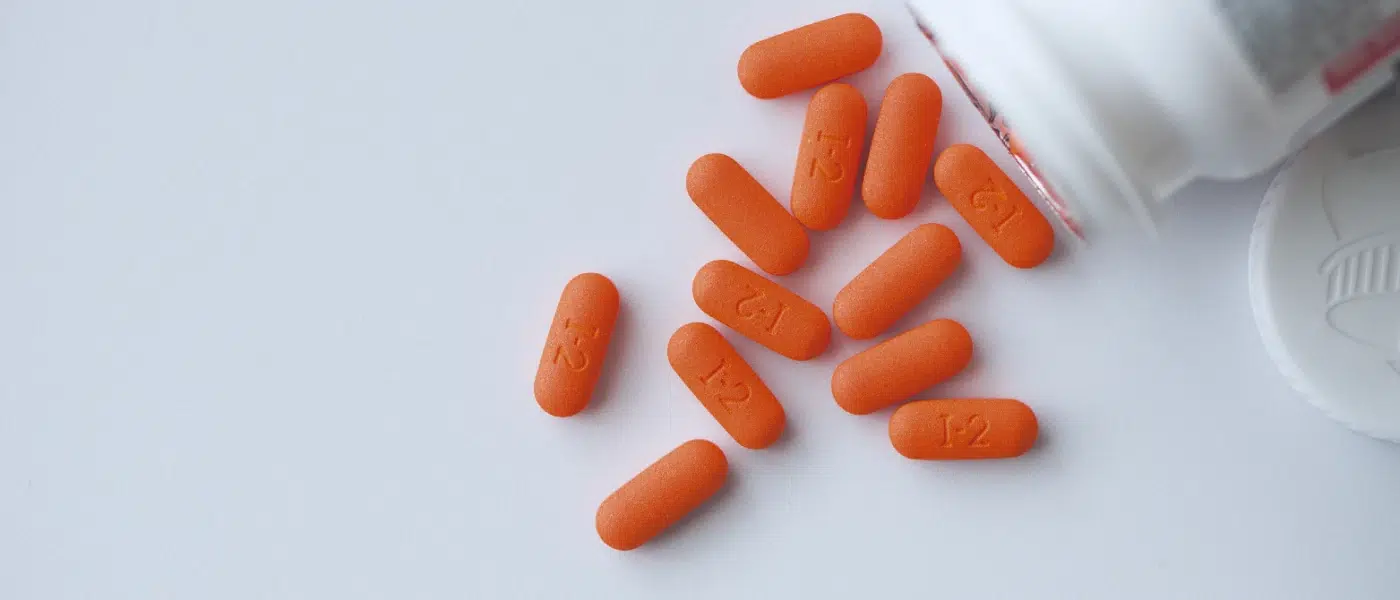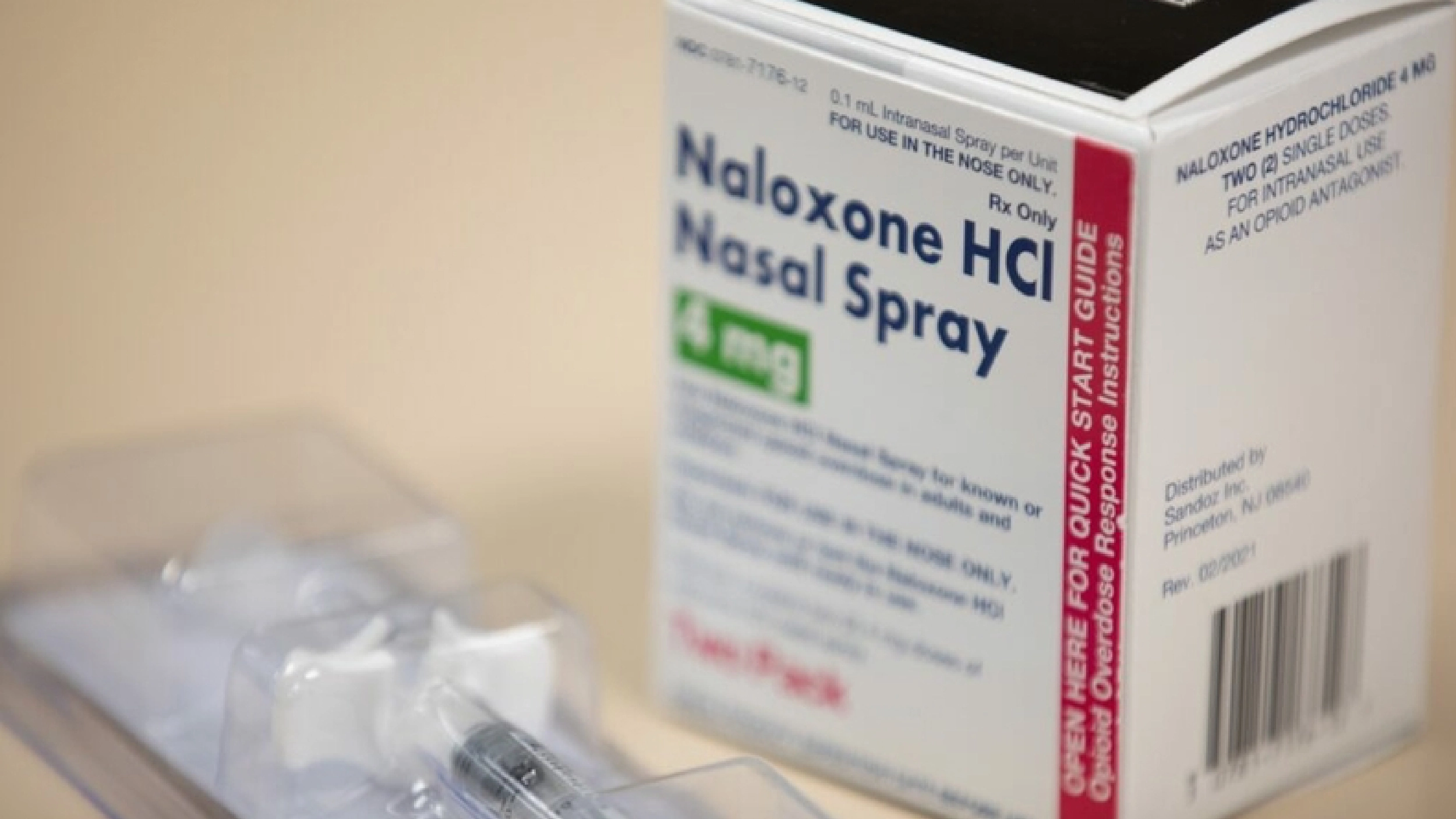
A Guide To Repairing Family Relationships
Discover expert tips for repairing family relationships and fostering healthy connections with The Recovery Team.

A prescription drug called Suboxone is used to treat opioid use disorder. It can reduce the signs of opioid withdrawal and relieve cravings. It can be abused, though, if someone does not take it exactly as their doctor instructs.
Most patients who use Suboxone do so to aid in recovery from opioid use disorder. It is an opioid narcotic Buprenorphine-based drug with a mixture of Buprenorphine and Naloxone that is used to deal with people in recovery from opiate or opioid abuse.
Naloxone can cut the effects of opioid use, and buprenorphine reduces the unpleasant withdrawal symptoms people experience after ceasing the use of opioid drugs. Some people abuse Suboxone despite the drug not being considered addiction-forming in the United States.
It is important to take the drug exactly as a doctor prescribes to prevent a substance use problem or Suboxone addiction.
Keep an eye on the whole reading to know what suboxone addiction is and how it works.
Suboxone is used to fight other addictions, but it isn’t without its own addiction risk. Luckily, various treatment programs can help you to overcome a suboxone addiction.
Here at The Recovery Team, we have helped individuals crush their Suboxone addiction. In addition, our medical staff and addiction specialists can also help you in this process.
Treatment for substance use disorders is challenging. A formal treatment program can help, whether the disease is an opioid or a suboxone use disorder.
The following are some crucial elements of both outpatient and inpatient programs:
The Recovery Team can help you in finding the proper Suboxone treatment. If you need a medical emergency, call us at (800) 817-1247 and get help.
Overdose is one of Suboxone’s scariest risks because it is an opioid-based drug. If it is left untreated, a Suboxone overdose can be fatal. Suboxone drug abuse or mixing it with other pills increases the risk of overdose.
There are various Suboxone overdose signs and symptoms that include:
Suboxone is a narcotic drug, and it is addictive. It develops a substance use disorder that is an inevitable physical result of the constant use of Suboxone.
A severe Suboxone overdose may result in respiratory depression. It is a state that limits or even stops breathing. Respiratory depression can result in death, brain injury, and coma.
It’s crucial to seek treatment for Suboxone addiction as soon as possible. Signs you may need help include using Suboxone every day, being unable to stop using it even though you want to, and experiencing adverse effects because of your use.
If you’re struggling with Suboxone addiction, there is help available. Reach out to your doctor or a substance abuse treatment center for support.
You can regain your life and overcome your addiction with proper treatment. Remember, recovery is possible; you don’t have to go through it alone.
If your family member struggles with Suboxone addiction and wishes to find a solution, additional resources can help with recovery.
Don’t hesitate. The Recovery Team is here to support you and your loved ones. The doctors at The Recovery Team will determine the best treatment plan after seeing the patient’s medical history, Suboxone dosage, and duration of use.
Enroll in an addiction therapy program if you want free life from addiction. Each person will receive a different response. However, standard rules are observed when a person enrolls in a rehab treatment program.
Suboxone can have several adverse effects, just like the majority of drugs. Most adverse effects are not fatal and usually go away within a few days. Suboxone is most likely side effects include the following:
Using Suboxone while also using alcohol or benzodiazepines can raise the chance of more severe side effects.
For example, Suboxone may cause an allergic reaction that manifests as throat swelling and breathing issues.
It is likely to mourn Suboxone overdoses. High doses of Suboxone can harm the liver and put a person into a coma.
Family history may have an impact on how Suboxone addiction develops. People with a family history of addiction are more likely to form a habit of Suboxone or other substances.
It may be due to genetic and environmental factors. A family habitat that normalizes drug use or exposure to drugs at a young age can be harmful. Suboxone addiction may also be more likely to grow in people’s mental health issues in a family history.
It’s vital to be aware of your family history and to discuss any concerns with your doctor. Working with a healthcare provider can help you to form a complete treatment plan that considers your risk factors and needs.
With the proper support, overcoming addiction and achieving long-term recovery can be possible.
Suboxone is listed as a category III limited substance by the Drug Enforcement Administration (DEA). Drugs that fall under Schedule III have a moderate to low risk of leading to physical or mental dependence.
Buprenorphine in Suboxone has modest side effects, a slow onset, and a long half-life. Because of this, it is less addictive than morphine, heroin, and other opioids.
There is less chance of addiction, according to a National Alliance of Advocates for Buprenorphine Treatment.
They also state that any addiction or habit can be treated by reducing the dose as the patient advances through therapy, despite the drug’s use in opioid addiction.
Thus, there is a low to moderate risk that Suboxone will alter a person’s brain chemistry and make them crave more of the drug.
Suboxone is a drug that is used to treat opioid addiction. However, it can also lead to habit or addiction if not used properly.
Some risk factors include a personal or family history of addiction, mental health issues, and a history of substance abuse. Higher doses or using it for longer than defined can increase the risk of addiction.
Mixing Suboxone with other substances, such as alcohol or benzodiazepines, can also increase the risk of harmful side effects. It’s vital to follow the care teachings of a healthcare provider when taking Suboxone and not to use it again and again.
Suboxone is a prescription drug. It means that it can only be obtained legally with a prescription from a healthcare provider.
However, the availability of Suboxone on the black market can be a risk factor for addiction. People may obtain it illegally and use it constantly. It can increase the risk of addiction and other risky side effects.
It’s vital only to take Suboxone as directed by a healthcare provider and to not purchase or use it from illegal sources.
If you or anyone you love is facing Suboxone addiction, it’s vital to seek help from a medical professional. Many treatment options include medication-assisted treatment, behavioral therapy, and support groups for people. Stay away from the illegal use of the drug.
Social pressure can also play a role in the risk of Suboxone addiction. For example, if someone is close with friends or peers who use Suboxone for fun or encourage its use, they may be more likely to abuse it themselves.
In addition, peer pressure to fit in or be taken can lead someone to use Suboxone even if they don’t need it for medical reasons.
It’s important to understand that using Suboxone without a prescription or outside of the guidance of a healthcare provider can be risky and lead to addiction.
Suppose you or someone you know is facing social pressure to use Suboxone. In that case, seek support from friends and family who care about your well-being and talk to a healthcare provider about safe and effective ways to manage underlying medical conditions.
Lack of support can also be a risk factor for Suboxone addiction. If someone doesn’t have a robust support system, they are more likely to turn to substance abuse.
In addition, a lack of support can make it harder for someone to stay on track with their treatment and recovery, leading to a greater risk of relapse.
It’s vital to reach out to community resources, such as support groups or therapy, to build a network of people who care and can offer help.
Suboxone can cause addiction and dependence. Some common side effects of Suboxone include:
Prolonged use can lead to physical addiction and withdrawal symptoms when stopped. In addition, abusing Suboxone by taking higher doses than prescribed can lead to overdose and potentially fatal respiratory depression.
The following side effects are less frequent but more serious:
It’s crucial to use Suboxone if you are overdosing. Try to seek medical help if addiction occurs.
The use of Suboxone can have effects on safety when you abuse the drug. Taking higher doses than defined can cause tiredness, and coordination, making driving or operating heavy machinery scary.
It can lead to fatal respiratory depression. It can increase the risk of relapse to opioid use, which can also be risky. It is always helpful to follow the advice of a healthcare professional.
The use of Suboxone can have an impact on personal relationships. Addiction to Suboxone or any other substance can lead to neglect of duties and relationships, causing strain and conflicts.
The effects of Suboxone, such as drowsiness, mood swings, and changes in behavior, can also affect contact and intimacy with loved ones. It can spoil your mood.
In addition, the financial burden of buying Suboxone or other drugs can cause financial strain on relationships.
It’s vital to seek help and support from healthcare providers, support groups, and loved ones to overcome addiction. The Recovery Team can help you to repair relationships.
The abuse of Suboxone can harm employment. It can lead to reduced productivity, increased absenteeism, and job loss.
The effects of Suboxone can also pose a safety risk in the profession. Furthermore, the cost of buying Suboxone or other drugs can also affect a person’s finances and stability in their career.
It’s vital to seek help and support from healthcare experts, support groups, and job resources to overcome addiction and maintain stable employment.
The use of Suboxone can have both positive and negative effects on health. At the same time, it can treat opioid addiction. Its prolonged use can lead to physical addiction and withdrawal symptoms.
The effects of Suboxone, which can affect health badly, include drowsiness, nausea, headache, and sweating. Suboxone in higher doses than defined can also raise the risk of overdose and fatal respiratory depression.
In addition, mixing Suboxone with other substances, such as alcohol or other drugs, can harm one’s health. When you feel that using Suboxone harms your health and mental peace, do not worry and seek medical help.
An aftercare program, therapy, and detox are all useful for the addiction treatment program.
Here are some best options for the treatment of Suboxone addiction:
The extent of your substance usage will pick the type of medical care you need. The Recovery Team can help to find what level of care fits you.
Medical detox is a process in which you can manage the withdrawal symptoms from Suboxone addiction. It happens under the supervision of a doctor.
The process typically involves slow use of the dose of Suboxone over time to reach the end of the drug addiction. It allows the body to adjust and cut off the withdrawal symptoms.
Some usual symptoms of Suboxone withdrawal can include the following:
Medical detox can help people safely withdraw from Suboxone and prepare for further treatment. The goal of medical detox is to manage withdrawal symptoms and prevent any serious health issues.
Residential rehab is an inpatient treatment program. This type of rehab involves people living in a treatment center. It helps people with a support program.
People can partake in a range of daily activities, including:
Several other therapies can be helpful for people struggling with Suboxone addiction.
Each person’s treatment plan will be unique to their specific needs and cases. It can help you to be sober and achieve long-lasting recovery.
Always talk to your doctor so you can find a proper plan that fits you.

Discover expert tips for repairing family relationships and fostering healthy connections with The Recovery Team.

Discover practical tips on how to set boundaries with people in this expert guide from The Recovery Team.

Naloxone saves lives. The Recovery Team shares how to reverse an opioid overdose with this drug.
Yes, Suboxone can be used for addiction. Suboxone is a prescription drug. It contains two active elements: buprenorphine and naloxone.
It’s often used to treat opioid addiction, including addiction to opioid painkillers and heroin. When taken as advised by a doctor, Suboxone can help to reduce cravings linked with opioid addiction.
It can stabilize brain chemistry and reduce the risk of relapse. Suboxone can help people in recovery to maintain their sobriety and rebuild their lives.
However, it’s vital to remember that Suboxone is a powerful drug. It should only be taken under the care of a qualified expert. It can lead to dependence and addiction.
Suboxone affects the brain and the central nervous system. Its effects on mental health can vary from person to person.
When taken as guided by a doctor, Suboxone can help to reduce the symptoms of opioid withdrawal and cravings. It can lead to improved mood and reduced anxiety.
However, taking Suboxone improperly or abusing the drug can lead to adverse mental health effects, such as confusion, drowsiness, and poor thinking or decision-making.
When you feel that you are overdosing, report to your doctor instantly.
By using Suboxone safely and responsibly, you can improve your mental health. It can help you to achieve a successful recovery from opioid addiction.
Suboxone can have some hardships associated with stopping use.
Some people may find it tough to quit Suboxone because it can produce physical habits.
It’s vital to talk with your doctor about a safe and slow taper off of Suboxone, mainly if you have been using it for an extended period. Your doctor can help you develop a plan that considers your personal needs and situation.
As you go through the tapering process, support from friends, family, or a support group is vital. Keep in mind that quitting Suboxone can be tricky, but with the proper support, it is possible.
The length of time you can be on Suboxone can vary and depends on various factors, including the severity of your addiction and your recovery journey.
Some people may only need to use Suboxone for a short period, while others may need to use it for several months or even years. It’s vital to have regular check-ins to set your progress and resolve if you need to continue taking Suboxone.
Your doctor can also help you develop a plan to lower doses and stop drug use slowly.
Ultimately, the time you spend on Suboxone will depend on your situation and your progress in recovery. Your doctor can support you in achieving a fast recovery.